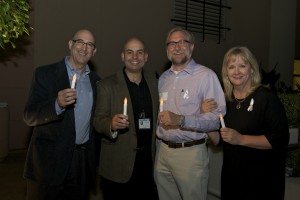I have a daughter and I care what she reads. From her earliest days, books have been an important part of her life. She’s ten now and I still read to her regularly, though she reads voraciously on her own (and far more than I ever was able as a child, since she reads like lightning when left to her own device-free devices). That kid can devour stories, though lately has taken to being very choosy with her time. If a book doesn’t hook her, it goes back to the library unfinished. She wants to be sucked in; once she is engaged she absolutely must finish. Because it matters, I am always concerned with the messages in the stories she finds most enticing.
When she chooses her books, her mother and I try to be aware of the content and whether there is an underlying theme of “what’s wrong with me?” running through the pages. More and more, it seems easy to identify this theme almost as its own genre in children’s and specifically girls’ literature. The seeds of necessary therapy are sown implicitly between the lines as books for these young readers guide them to feeling less than adequate, training them for a life of unnecessarily pursuing products to fix themselves. This is a predictable byproduct of corporate America, where publishing is largely controlled by conglomerates that feed revenue streams in any way possible. Branding and downstream profits are the backbone of our consumer culture. But feeding this beast is optional. Continue reading Girls Literature and the Culture of What’s Wrong With Me?

